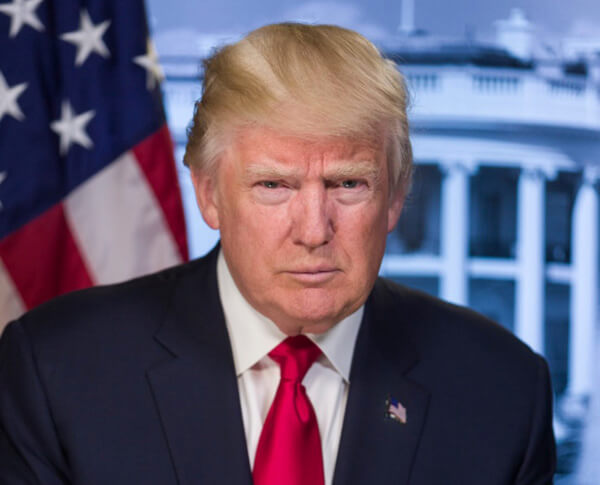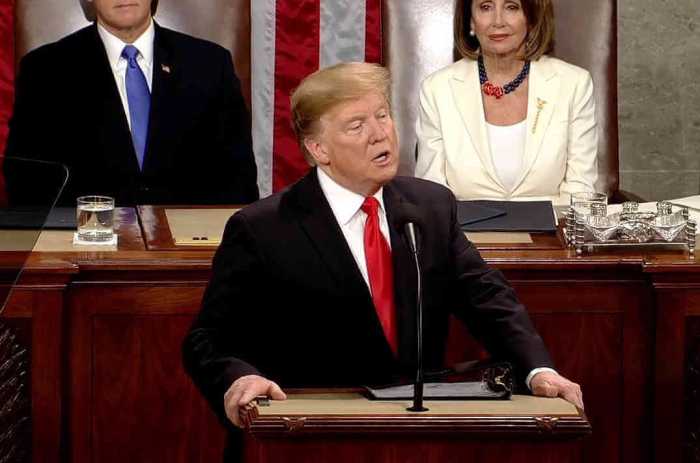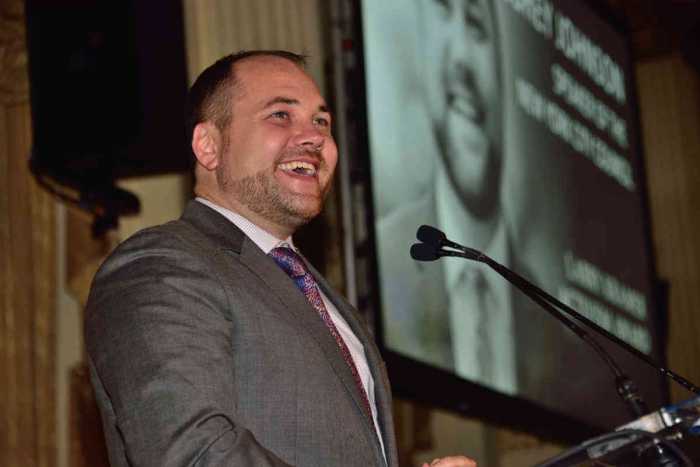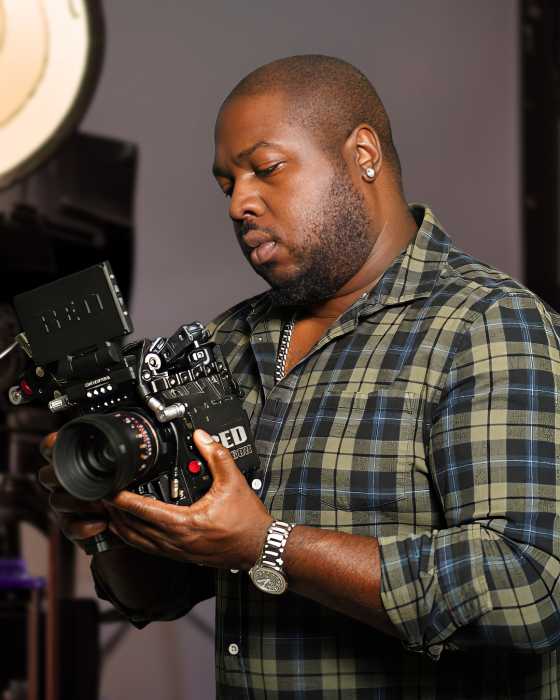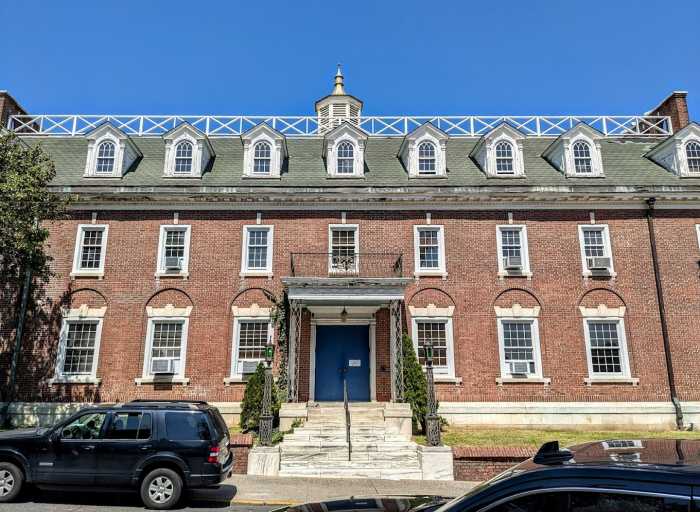President Donald Trump offered a very skeletal, though scary view of his first budget over the past week. | WHITEHOUSE.GOV
While only the broadest outlines of Donald Trump’s first federal budget are known, some AIDS groups are reacting with alarm at the possibility that his proposals could lead to large cuts in federal programs that fund care for people with HIV and services that prevent new HIV infections.
“Last night President Trump made a congressional address, pledging to cut domestic program budgets across the board to support his unneeded increases to the defense budget,” Kelsey Louie, the chief executive at Gay Men’s Health Crisis, said in a March 1 statement. “These shocking cuts would gut vital federal programs that help house and treat those living with HIV/ AIDS and that prevent thousands of new infections every year. These irresponsible cuts would come just as we are finally poised to make real progress in containing the HIV/ AIDS epidemic.”
In press reports in the run-up to Trump’s February 28 address to a joint session of Congress, the White House was going to increase the Pentagon budget for the 2018 federal fiscal year, which begins on October 1, by $54 billion and pay for that increase, in part, by requiring other federal agencies to cut their budgets by 10 percent. The $54 billion would be on top of the $549 billion already requested for defense.
Big defense push, tax cut promises threaten decimation of significant social services funding
In his address, which was his usual mix of grandiose claims and falsehoods, Trump called for other programs and tax cuts that would either substantially increase federal debt, require even greater cuts to discretionary spending, or both. He never explained how he would pay for his proposals.
In addition to the increase in defense spending, Trump proposed “a big, big cut” in the corporate tax rate, and “At the same time we will provide massive tax relief for the middle class.”
He wants to repair America’s bridges, highways, airports, and other infrastructure with “a $1 trillion investment,” Trump said.
And he wants to repeal and replace the Affordable Care Act (ACA), commonly known as Obamacare, with some still undefined plan that will likely require federal subsidies, as the ACA does, so that Americans can buy their own health insurance. The ACA subsidies cost an estimated $27 billion in the 2016 calendar year.
“The way to make health insurance available to everyone is to lower the cost of health insurance, and that is what we’re going to do,” Trump said.
Trump has said that he will not cut Social Security, which provides limited income to people over 65 and some disabled Americans, and Medicare, the federal government-run health insurance program for people over 65. These programs are paid for with dedicated taxes collected from current workers. Trump has been less specific about Medicaid, the health insurance for poor Americans that is jointly funded by the federal government and the states.
Some congressional Republicans have more radical plans that would fundamentally transform these programs, which account for roughly 60 percent of the federal budget along with some smaller mandatory spending programs.
An estimated 42 percent of people with HIV received health services paid for by Medicaid in 2014, according to a policy brief by the Henry J. Kaiser Family Foundation. Some AIDS groups, including Housing Works and Harlem United, receive a portion of their annual budgets from Medicaid-reimbursed services.
Federal agency cash also funds many state and local governments that then distribute that money as contracts for the non-profit agencies that form the heart and soul of services for people with HIV.
“I think that is what everyone is afraid of, that a decrease in a lot of agencies that will ripple down to city and state agencies,” said Jeremy Saunders, co-director at VOCAL-NY, an advocacy group. “This [budget] cycle will be a death by a thousand cuts. The larger thing to come is going to be through ACA and Medicaid.”
New York City’s health department got 94 percent of its $194 million for HIV prevention and treatment services from federal agencies in the city’s 2016 fiscal year, which ended on June 30. In the current fiscal year, 19.2 percent of the city health department’s entire $1.57 billion budget is funded with federal dollars.
The 44 member organizations that belong to AIDS United, a coalition group in the nation’s capital, had their quarterly meeting this week and the federal budget was discussed.
“It was the primary topic of conversation,” said Jason Cianciotto, Harlem United’s head of policy, advocacy, and communications. “We had special guests come in to further inform us.”
Advocates are not expecting any good news in any federal budget, but they hope to at least blunt the impact of any cuts on people with HIV and others.
“It’s all about what could be done to protect the people who are most vulnerable and to try and push back to protect the programs we rely on,” said Eric Sawyer, GMHC’s head of public affairs and policy.
Trump’s proposals, which are little more than concepts at this point, are not the final word on federal spending. Members of Congress will have their own views on budget priorities. The states and many healthcare and service providers across the country will have their own ideas about federal dollars — and cutting those dollars, in particular.

